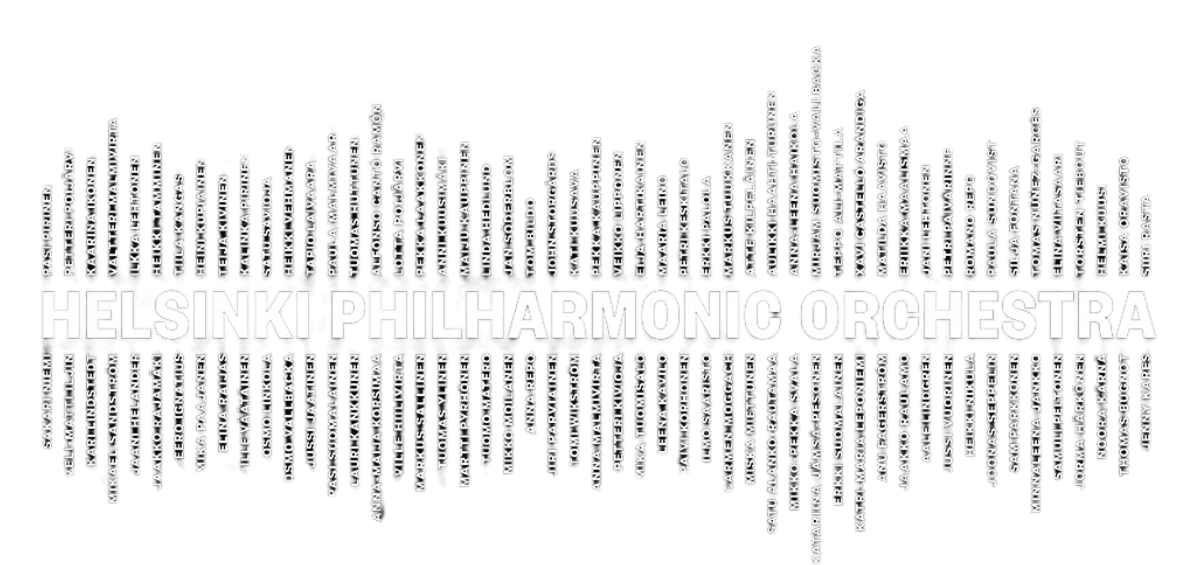Wolfgang Amadeus Mozart
About Wolfgang Amadeus Mozart
Born in 1756 and raised in Salzburg, Austria, Wolfgang Amadeus Mozart began composing his music at five. He mastered various instruments such as the violin, flute, harp, and piano, as well as experimented with genres from symphonies and operas to chamber music, which he performed (alongside the Mozart family) in London before British King George III and his consort Queen Charlotte on 27 April 1764.
Twenty-four years later, Mozart composed his world-renowned Symphony No. 41 in C Major in 1788, which was labelled ‘Jupiter Symphony’ (a title that evokes the grandeur and vastness of the Roman sky god) by music critics. Despite his short life, the composer wrote an impressive 800 classical works admired for their melodic beauty, formal elegance and richness of harmony and texture.
Mozart continues to be regarded as one of the greatest composers in the history of Western music. He also produced the iconic opera Don Giovanna, which premiered in 1787, blending elements of comedy, drama, and supernatural suspense (Lorenzo Da Ponte wrote the libretto).
Who were Wolfgang Amadeus Mozart’s main influences?
Mozart's study of George Frideric Handel’s and Johann Sebastian Bach’s works had a profound influence on his compositions – as shown, for example, in the fugal passages in The Magic Flute and the finale of Symphony No 41.
What is the story of Don Giovanni?
Don Giovanni is an opera about a notorious libertine and seducer named Giovanni, who causes mayhem through his reckless and immoral actions. The opera follows his pursuit of pleasure, his manipulation of others, and the inevitable consequences that catch up with him.
Is Don Giovanni a tragedy or a comedy?
Don Giovanni is a mix of tragedy and a comedy, often called a ‘dramma giocoso’.
Where and when did Don Giovanni premiere?
Don Giovanni premiered in 1787 at the National Theatre in Prague, which was an important cultural centre for Mozart during his time.








